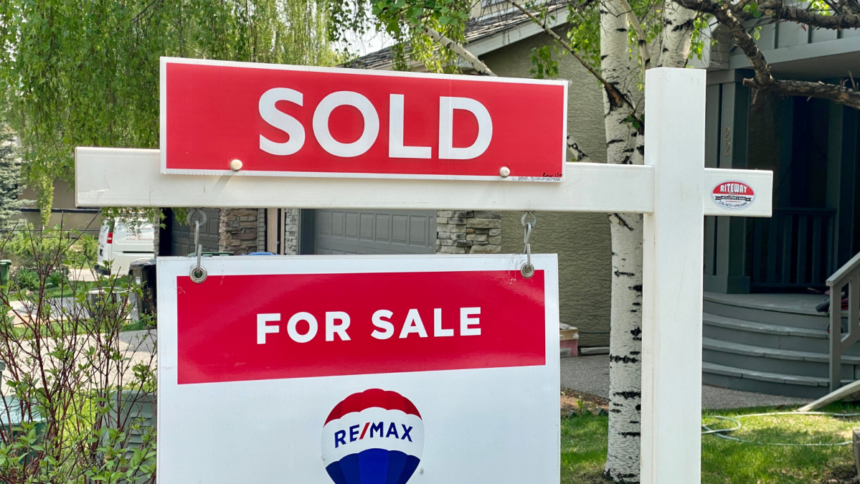Reconsider Your Reasons for Buying a Home
In today’s challenging real estate landscape, characterized by soaring prices and high interest rates, the journey to homeownership feels more daunting than ever. Despite the hurdles, many Americans still view this pursuit as vital—approximately 70% consider it integral to the American Dream.
However, the desire to own a home requires careful assessment of various financial and emotional considerations. The commitment involved can sometimes distract buyers to the point where they rush into decisions out of fear of missing out, potentially leading to the purchase of a property that isn’t suitable for their needs or budget—affectionately known as a money pit. To avoid unwanted surprises, it’s crucial to take a step back and critically evaluate your motivations. Here are five common reasons that warrant a second thought.
The Allure of the View
Many homes boast breathtaking vistas—be it serene landscapes, urban skylines, or even the ocean. However, choosing a home solely for its view can often lead to regrettable choices, for several significant reasons:
-
Expense: Properties with desirable panoramas usually carry a higher price tag, meaning you may pay more for less. Moreover, certain views, like those overlooking water, may entail additional costs such as flood insurance.
-
Uncertainty: While some views may seem permanent, there is always the risk that new constructions or environmental changes could spoil your picturesque scene.
-
Distractions: While a stunning view can be mesmerizing, it might distract you from other critical issues with the property or aspects that won’t align with your lifestyle, as you sip your morning coffee.
Feeling Pressure to Buy
Comparing personal timelines with peers can stir feelings of urgency—especially if friends are rapidly transitioning into homeownership. The pressure to keep pace with others, or to merely check off a box on a life accomplishment list, can lead to hasty decisions.
Yet, proceeding with a home purchase without full financial and emotional preparedness can yield dire consequences. Beyond the down payment and monthly mortgage, there are numerous financial obligations to consider, including how you will manage unforeseen repair costs. A careful evaluation of your willingness to take on the extensive responsibilities of upkeep—whether personally or through hired help—is essential.
Misguided Savings on Rent
Historically, the mantra was that paying a mortgage is more cost-effective than renting—after all, securing a mortgage builds equity, whereas rent merely allows for temporary occupancy. However, with rising prices and interest rates, this notion has shifted. Although specific situations may reveal a purchase cheaper than local rent—especially in competitive markets—general trends indicate that renting is often the more economical choice nationwide, and this trend may continue in the near future. Added costs, like insurance and upkeep, further complicate the potential for savings through homeownership.
Hoping for Neighborhood Improvement
Purchasing homes in areas plagued by crime or lacking resources may present lower costs, with buyers often banking on imminent reinvestment and revitalization. However, this strategy is fraught with risks; potential improvements are never guaranteed. Various factors, such as local policy changes or economic downturns, could hinder the anticipated growth.
Additionally, this approach carries its own set of challenges:
-
Living Environment: Until those upgrades materialize, residents must endure the disadvantages of a less-than-ideal neighborhood, such as crime and subpar schooling.
-
Rising Taxes: If property values increase, taxes will likely follow suit, adding to the financial burden.
-
Market Limitations: Should living circumstances change, the home’s location might complicate selling or renting it out. If purchased for a low price, the equity will also be limited until improvement comes, if at all.
Buying a Fixer-Upper
Purchasing a “fixer-upper” for a steal can be enticing; however, it’s essential to pause. If equipped with experience in renovations and a clear plan, the endeavor may be manageable. Conversely, buying a distressed property without a detailed strategy can lead to considerable challenges:
-
Hidden Issues: The true condition of a home often remains elusive until thorough renovations are underway. Initial budget estimates may turn out to be far from reality once structural issues are uncovered.
-
Disruption of Daily Life: Major renovations can extend for many months, possibly years, creating a chaotic living environment filled with dust and unfinished work.
-
Value Uncertainty: While improvements can enhance a property’s appeal, subsequent market conditions may not reflect that value. Spending significantly on renovations only to find that the aggregate cost exceeds market expectations can turn a deal into a liability quickly.












